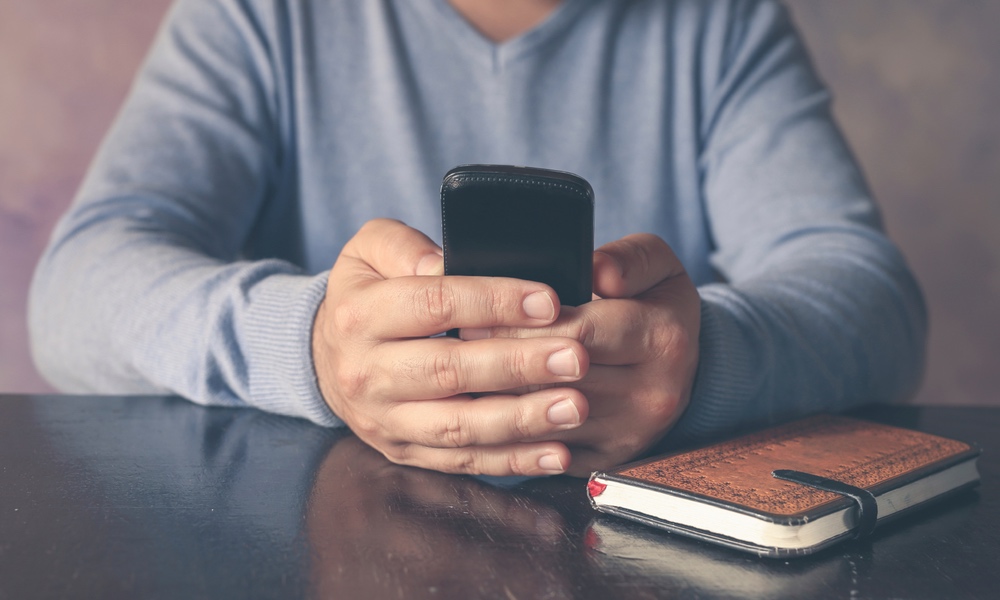Mental health problems are probably more common than you think. According to the National Institutes of Mental Health, about 18 percent of people over 18 in the U.S. are affected by some type of anxiety disorder, and more than 15 million have experienced an episode of major depressive disorder. Getting treatment can be difficult — some people are concerned about the stigma of mental illness; others live in areas where access is a problem.
Many people struggling with mental health issues try to help themselves, particularly since their healthcare options may be limited. They turn to the Internet and apps, seeking online counseling and other forms of support, often to enhance traditional face-to-face therapy.
Online communities offer help for people working on drinking, exercise and dieting issues; they can also be useful for people dealing with depression and anxiety. As Benjamin Crookston, the author of a new study told TheDoctor, “Apps …represent another tool for those who are trying to improve their mental health.”The apps are not meant to replace therapy, but they can be a valuable supplement for people hoping to attain their best mental and emotional health.
Mental health-focused apps can change behavior for the better, said Crookston. “This is great news for people looking for inexpensive, easily accessible resources to help combat mental and emotional health challenges.” The apps are not meant to replace therapy, warns Crookston, who sees them as a valuable supplement for people hoping to attain their best mental and emotional health.
Mental health issues exist on a spectrum, Crookston explained. Not everyone who feels depressed or anxious needs to see a professional or be on medication at all times. People can always go to a therapist, if available, but they can also use apps as an additional way to get the help they need.
Future research will examine the effectiveness of different kinds of mental and emotional self-help apps, including those helping with meditation, prayer and positive affirmations, as well as mood trackers, medication adherence and stress management. All can improve mental health outcomes and promote emotional wellness. In addition, more objective measures of mental and emotional health, not just self-reports, are needed to further validate the findings of the current study, the authors said.
The study is published online in JMIR Mental Health.





